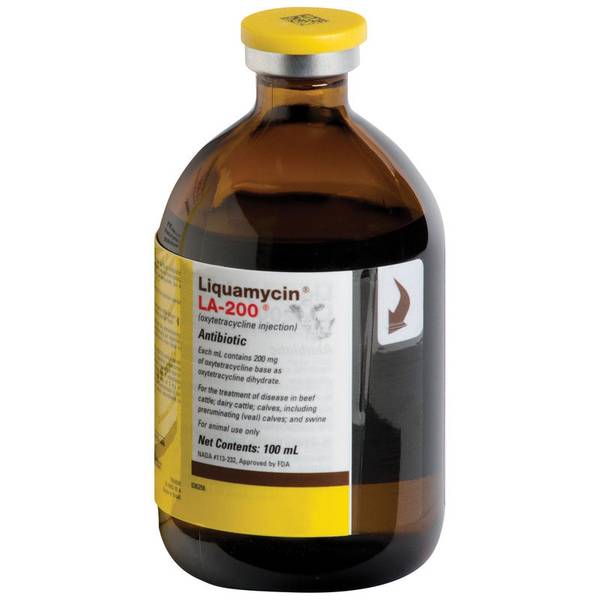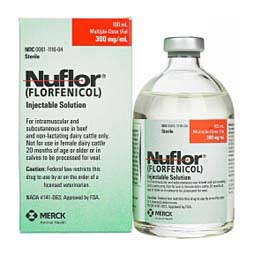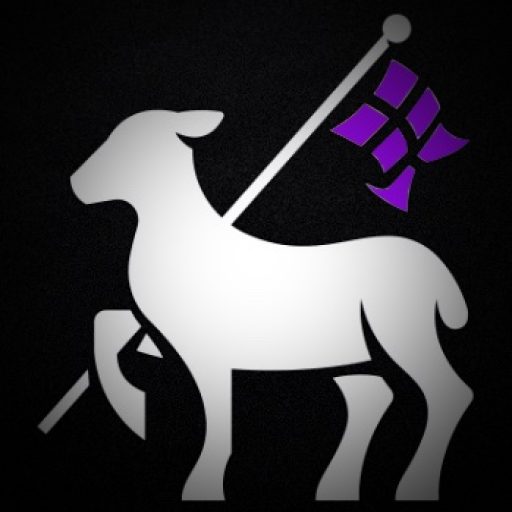Medications
Common Sheep and Goat Antibiotics
When it comes to treating illnesses in sheep and goats, antibiotics can be an effective form of treatment. However, it is important to understand the potential side effects and withdrawal times associated with each antibiotic. In this blog, we will discuss four common sheep and goat antibiotics: Penicillin, LA200, Nuflor, and Draxxin.

Penicillin
Alexander Fleming’s Penicillin, discovered in 1928, is a broad-spectrum antibiotic used to treat bacterial illnesses in sheep and goats, such as pneumonia, mastitis, and skin infections. It works by blocking the synthesis of bacterial cell walls, preventing growth and multiplication. Withdrawal time is 28 days, though allergic reactions may occur.

LA200
LA200 is a long-acting oxytetracycline/polymyxin B combination developed in the 1950s. It combats bacterial diseases, such as bovine respiratory disease, mastitis, and calf pneumonia, through protein synthesis inhibition. Administered intramuscularly, it has a 28-day withdrawal time and can cause allergic reactions.

Nuflor
The 1980s saw the development of Nuflor (florfenicol), a fluorinated quinolone used to treat respiratory and skin infections in sheep and goats. It blocks bacterial DNA synthesis, preventing growth and multiplication. Available as an intramuscular injection or oral formulation, Nuflor has a withdrawal time of 14 days, and can cause nausea, vomiting, and diarrhea.
“Using antibiotics in sheep and goats can provide an effective form of treatment for bacterial illnesses. However, it is important to consider the pros and cons of using antibiotics.“
Linessa Farms

Draxxin
Draxxin, FDA-approved in 2005, is an injectable fluoroquinolone antibiotic used to treat bacterial respiratory infections and hoof rot in sheep and goats. It inhibits cell wall synthesis and DNA replication enzymes. It has a long-lasting effect, is safe and effective, but can cause nausea, vomiting, and diarrhea. Withdrawal time is 28 days.
Pros and Cons to Antibiotic Use
Using antibiotics in sheep and goats can provide an effective form of treatment for bacterial illnesses. However, it is important to consider the pros and cons of using antibiotics. On the plus side, antibiotics can provide a rapid and effective treatment for bacterial infections, allowing for a quicker recovery time for the animal. However, there are also potential side effects and withdrawal times to consider, as well as the risk of antibiotic resistance developing if antibiotics are overused. Additionally, some antibiotics may not be suitable for use in pregnant animals or those with compromised immune systems. Check out this article regarding antibiotic use in animals.
Conclusion
When treating illnesses with common sheep and goat antibiotics like Penicillin, LA200, Nuflor, and Draxxin can be effective treatments. However, potential side effects and withdrawal times must be taken into account and all antibiotics should be prescribed by a veterinarian.
All Antibiotics are going prescription! Read THIS ARTICLE to learn more!

